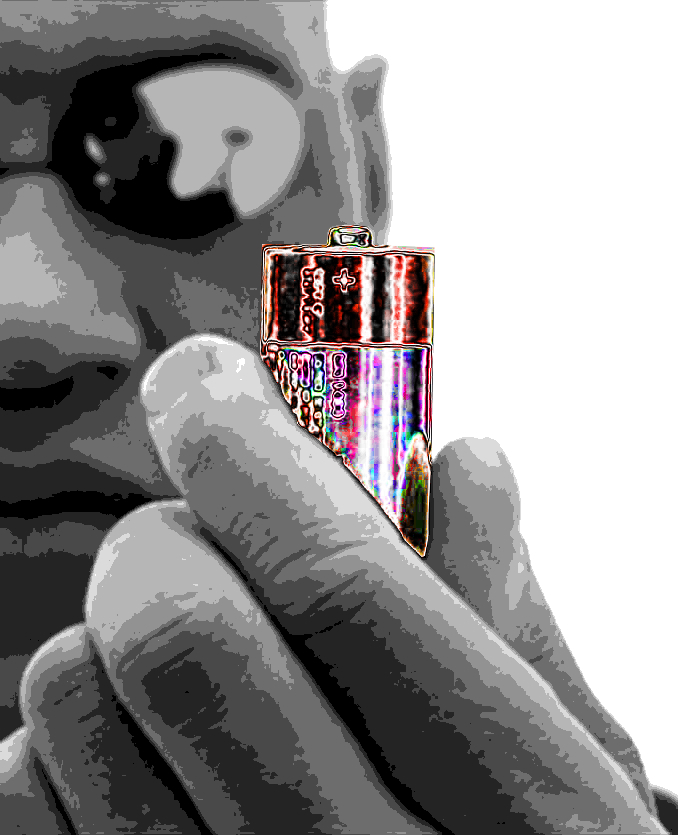King calls for battery focus
 Local firms should aim to assemble batteries locally instead of exporting raw materials and components, according to the federal resources minister.
Local firms should aim to assemble batteries locally instead of exporting raw materials and components, according to the federal resources minister.
The Albanese government has made adding value to Australia’s critical minerals a top priority, with a focus on fostering onshore processing and manufacturing of modern applications such as batteries.
The previous Morrison government established a $2 billion critical minerals fund, and Labor is developing a national battery strategy while Resources Minister Madeleine King’s department is developing a revised critical minerals strategy.
Both strategies are designed to break China’s stranglehold on the critical minerals and energy storage sector.
Critical minerals experts have suggested Australia may struggle to compete as a battery manufacturer with allies such as South Korea and Japan, but King has signalled that the government wants to go further down the value chain.
“What we want to get to is creating the anodes and cathodes, all the precursors, and then some of those will be assembled in other places. But the aim is that we will end up assembling them here,” she said.
Australia exports lithium hydroxide and nickel sulphate crystals to foreign customers, who mix them into cathode active materials and ultimately assemble batteries.
The manufacturing of cathode active materials would require Australia to go a step further down the battery chain, but King said the government was determined to do so.
“Australia can play a really important role in that, and we should absolutely capitalise on each step of this pathway while we move to a full battery manufacturing industry,” she said.
“We just can’t do that overnight. So, we really have to make sure we do as much as we can, and that’s what the government is determined to do.”
King made the comments after addressing ambassadors from Japan, the US, the Netherlands, and India at an event in Darwin focused on breaking China’s dominance of the rare earths supply chain.
“Market concentration leads to fragility, volatility, and unreliability of key materials, like critical minerals and rare earths. This creates a strategic challenge for Australia and for our allies,” she said.
The Australian government's efforts to establish a domestic battery manufacturing industry come as demand for electric vehicles (EVs) and renewable energy storage continues to grow.
According to BloombergNEF, Australia has the potential to become one of the world’s largest producers of lithium-ion batteries.







 Print
Print